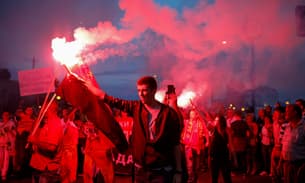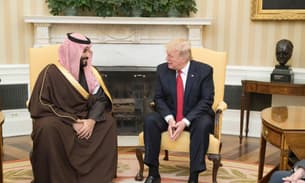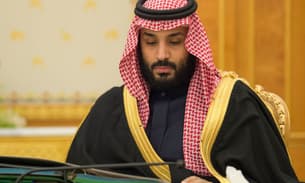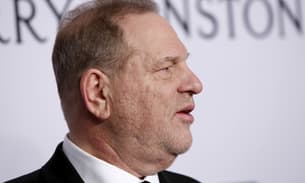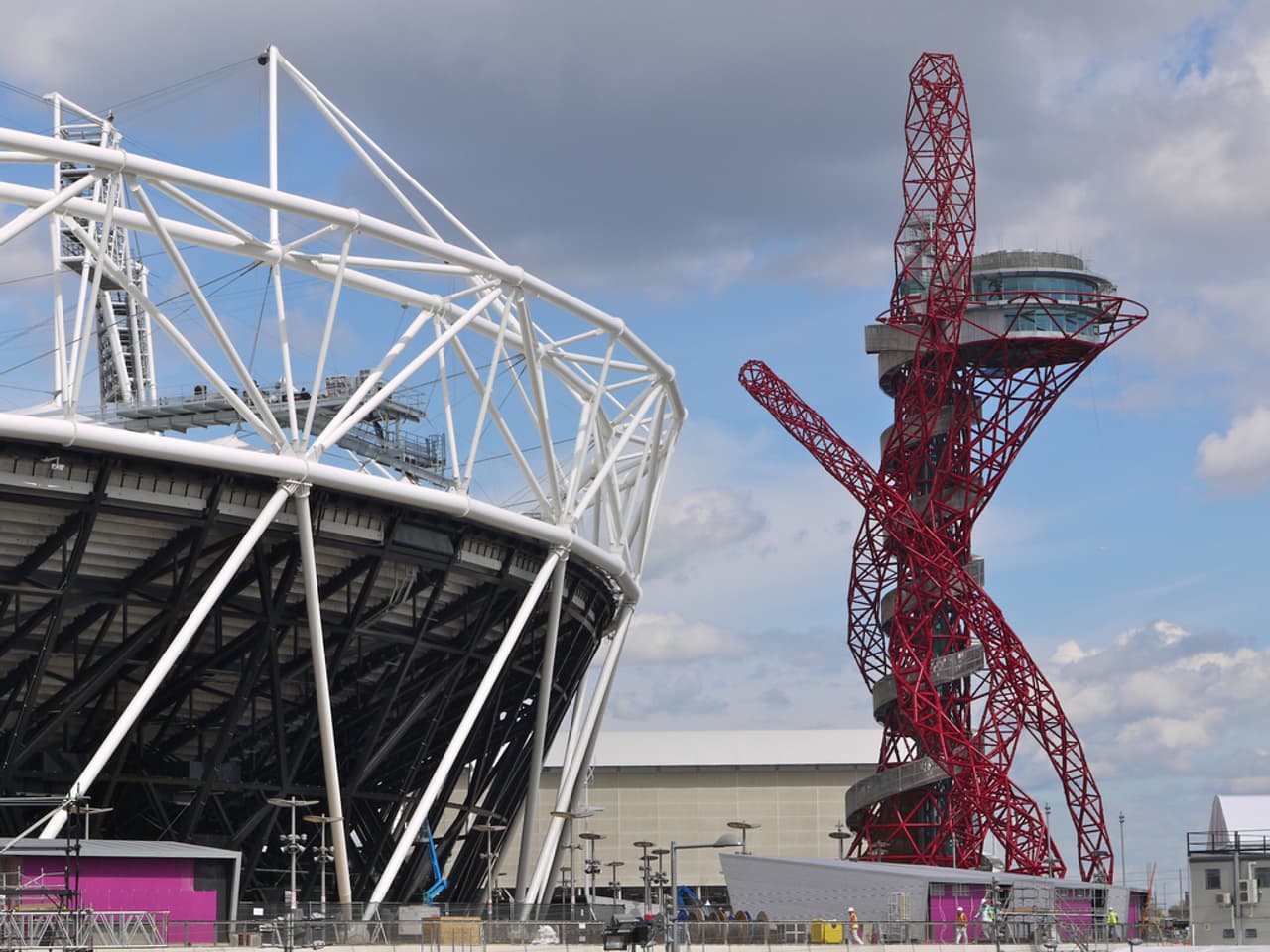
‘Hanging around in bars’: inside London’s Olympic lobbying push
How do you lobby for the job of hosting the world’s biggest sporting event when you’re banned from meeting the decision-makers? As June’s Vanity Fair reveals, the rules pose no more of a barrier than the hurdles on an athletics track: if you’re really going for gold, you’ll find a way past them.
The decision on which city will host the Games rests with a vote taken by the International Olympic Committee (IOC), a panel made up of 106 elected members, 32 honorary members and one ‘honour member’. IOC members include former Olympic competitors, international royalty, and assorted luminaries.
Over the years, various bidding cities have been caught supplying members with prostitutes, holidays by chartered jet, large quantities of Viagra, a violin, and good old-fashioned wads of cash, Vanity Fair writer Michael Joseph Gross says.
So perhaps it is no wonder that the committee now bans direct lobbying of committee members: one city was given a written warning for buying a committee member a coffee, Gross notes.
But the Olympics is a multi-billion-dollar opportunity to show off your city to the world: and bid teams still find ways to go all-out to make the case for their city.
During the bidding for the 2012 Olympics, Gross said, city representatives resorted to flying around the world attending events they believed IOC members would be attending in order to casually bump into them.
Former culture secretary Tessa Jowell described the process to Gross as ‘hanging around in bars waiting… You wait to catch somebody as they’re walking past you and then you kind of trip up and, you know, you say, Oh, hello, Mr. Jacques Rogge.’
The London team hired Sir Keith Mills, the marketing guru behind loyalty schemes such as Nectar points and frequent flyer miles, and recruited specialists from what Gross called ‘a small, nomadic fraternity of well-connected sports executives who lobby on behalf of cities eager to host events such as the Olympic Games and the World Cup.’
Such consultants are in close contact with IOC members, and Mills says they were ‘simply our eyes and ears’ – but as Gross notes, just one of these consultants was deemed to be worth over £20,000 a month for at least a year, which would suggest they are in possession of superhuman vision and bat-like hearing.
The exact role played by these lobbyists remains shrouded in mystery – although Tony Blair, prime minister at the time of the bid, denies to Vanity Fair that it had anything to do with brown envelopes.
When the IOC team visited London and the bid team could finally lobby openly, it went all-out, says Gross, including monitoring the cavalcade’s journey through London on CCTV and changing traffic lights to green as the committee members’ vehicles approached – a precursor, perhaps, to the preferential treatment the IOC has demanded on London’s roads this summer.
At the final selection process in Singapore, Princess Anne and David Beckham added star power, and Tony and Cherie Blair held a series of face-to-face meetings with undecided members, Gross reports.
‘It was a farcical scene. Half a dozen security men with walkie-talkies roamed the hallways, running interference to prevent the IOC members from figuring out that they were at a cattle call,’ says Gross.
Seven years later, we are a few weeks from the torch arriving in London, on a Games that was initially projected to cost £2.5bn and has ended up costing almost four times that – including millions spent on winning the event in the first place.
For anyone not heartily sick of it already, the Vanity Fair article is a must-read for the full story behind how the Games came to fruition, and the security measures that will transform London.

